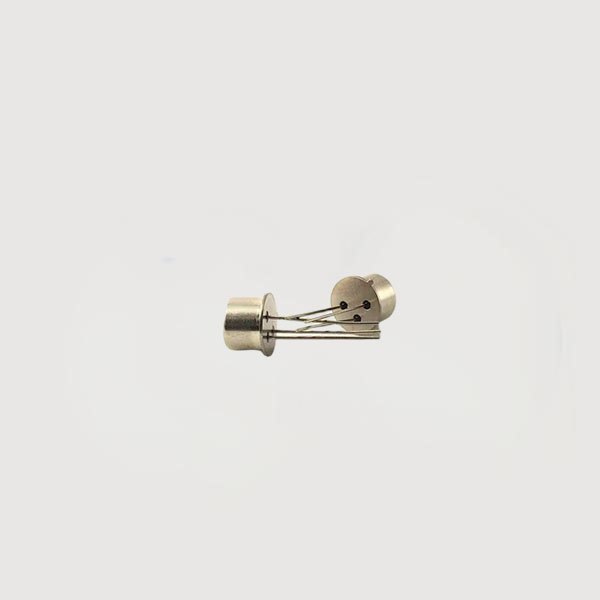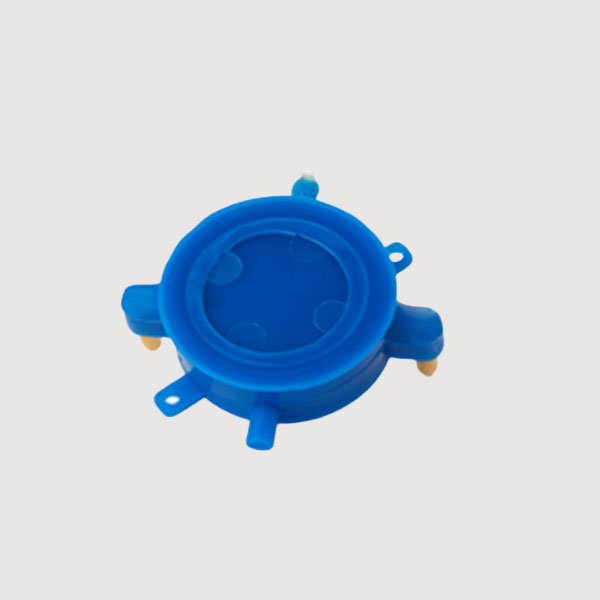

 News
News Industry News
Industry News Drunk driving poses a serious threat to public safety. The resulting impairment of vision, judgment, and reaction abilities is a major contributing factor to traffic accidents. Currently, law enforcement primarily uses breathalyzers and blood alcohol sensors. Breathalyzers, due to their convenience and efficiency, have become the preferred method for on-site screening.
This method works by measuring the alcohol content (in mg/L) in a driver's breath to indirectly calculate their blood alcohol concentration (BAC). The performance of the core testing equipment—a breathalyzer (Balofit)—depends on the alcohol sensor within it. Currently, mainstream technologies include semiconductor, electrochemical, colorimetric, infrared, and gas chromatography, with semiconductor and electrochemical technologies being the most widely used.


MQ-E2-C2H5OH Electrochemical Alcohol Sensor
Furthermore, the application of alcohol sensors has expanded beyond post-incident enforcement to include preventive measures. A typical example is the "alcohol lock" (vehicle ignition interlock device). This system, linked to the vehicle's ignition system, requires the driver to pass a breathalyzer before starting the engine, effectively curbing drunk driving at the source. The active drunk driving prevention system can also issue an alarm and even force the vehicle to slow down and stop if it detects excessive alcohol. This sensor is also widely used in pre-job safety inspections, ambient air quality monitoring, and medical education, demonstrating broad application prospects.
For more alcohol detection sensor solutions, please contact us~